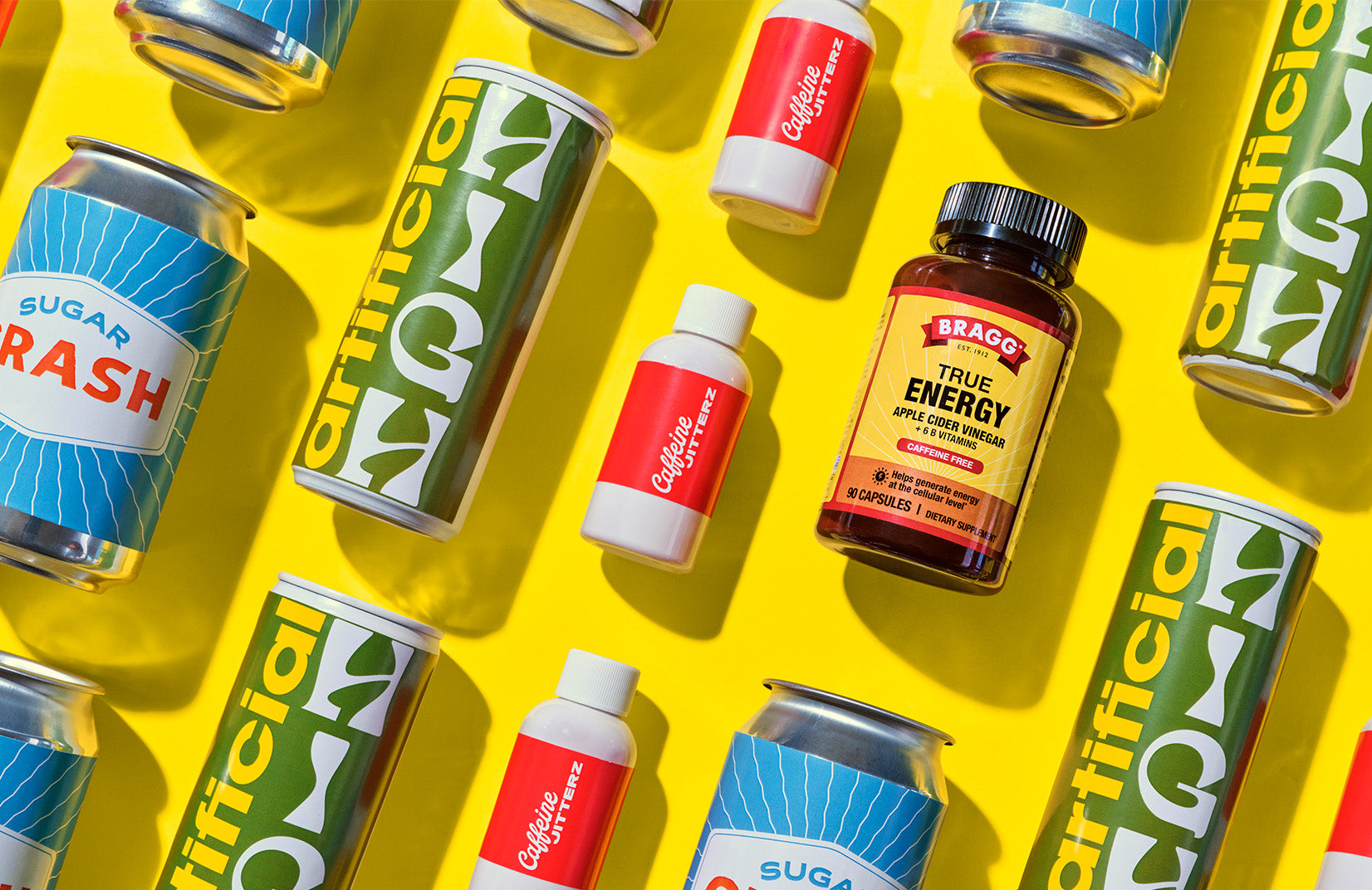Complete Protein and Nutritional Yeast
Eating a balanced meal can feel like an overwhelming balancing act. More of this. Less of that. It’s hard to keep track of it all. And protein consumption seems to be at the top of the food chain. You probably have heard talks of ‘complete protein versus incomplete protein’ and maybe were left scratching your head. How do the two even differ? Does every protein you consume have to be complete? Or can you get by with a less-is-more approach?
THE COMPLETE (PROTEIN) LOWDOWN
Fact: protein is super important in your diet. Without it, you and your muscles will feel a little flat. Before we get into the complete details, meet amino acids. They’re the building blocks of any protein and it takes 20 of them joining together in a nice chain to form that muscle-forming, nutrient-transporting protein you know and love.
But not all proteins are considered equal. So what exactly makes one complete and worthy of your plate? A complete protein is when it has just the right amount of those 9 essential amino acids (or EAAs). The other amino acids out there are produced by your body, but EAAs don’t naturally occur and must be obtained through the food you eat. Challenge accepted.
Most protein-rich foods out there will contain some of those sought-after essential amino acids but certain foods reign supreme. Think fish, poultry, eggs, beef, pork, and dairy. A meat-eater’s diet is full of filling, complete proteins. So, if you’re eating versatile foods and follow a healthy-ish diet, you don’t necessarily need to stress about that ‘complete’ stamp of approval. But what about if you don’t eat animal products?
THAT VEGAN LIFE
Following a plant-based diet has many benefits. Meatless Mondays are now all the rage even if you aren’t a full-blown veg. But if you are living that vegan life, you should be on the lookout for incomplete protein consumption. All those legumes, nuts, and veggies may be mighty tasty, but on their own, they lack the right amount of those 9 essential amino acids your body can’t produce. Simply being aware of that fact can help you make smart choices so you get the protein your body needs to thrive. Aim for a wide variety of incomplete plant proteins and you should be good to go.
HOW CAN NUTRITIONAL YEAST HELP?
Now that you know all about essential amino acids, meet their cousin: branched-chain amino acids (BCAAs). This small subgroup is made up of three amino acids that play a mighty role in muscle growth. One of these BCAAs is leucine and consuming just 3 to 4 grams can maximize muscle protein synthesis in your body.
Good news. Our popular Nutritional Yeast (which, by the way, is a great complete protein) has this very BCAA. Loved by vegans and non-vegans for that taste of cheese in cheese-less dishes, this seasoning packs a punch in the protein department. So when in doubt, sprinkle on your next dish and get that complete protein when you yeast expect it.

